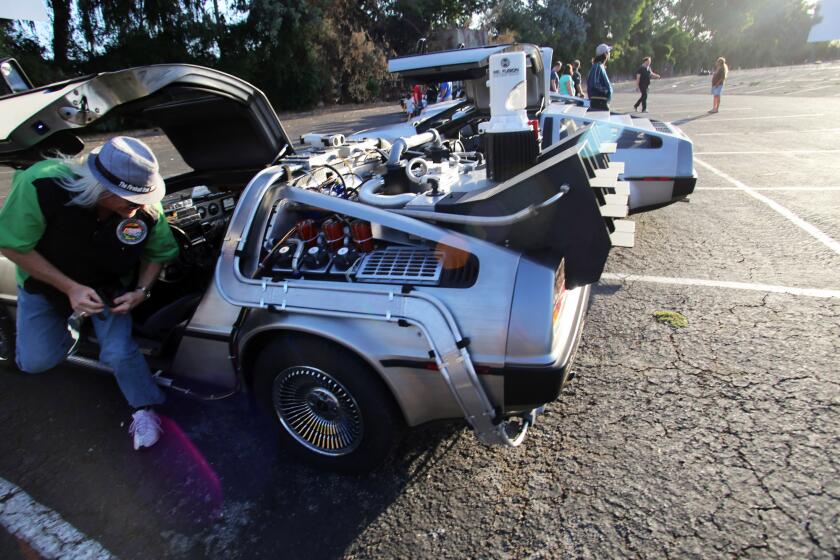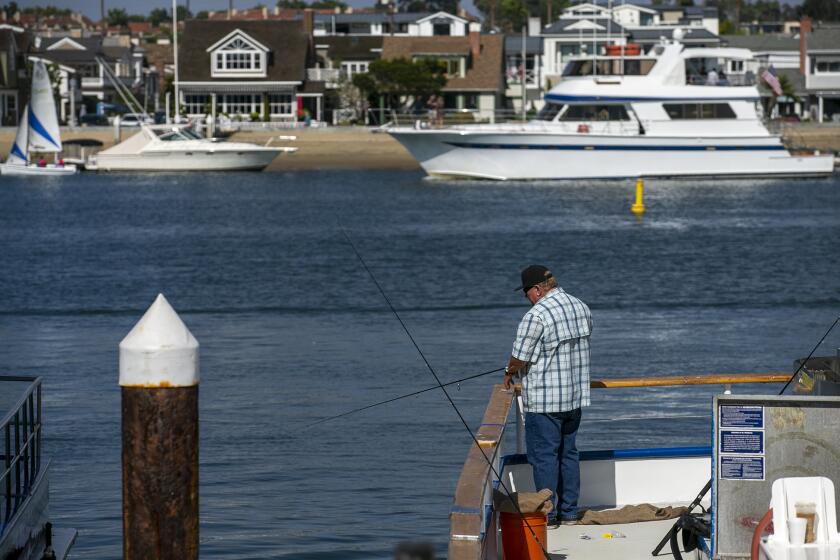Commentary: A message to Orange County consumers about child labor and corporate accountability

Your dinner table may be more connected to child exploitation than you think. A Los Angeles-based poultry processor just beyond Orange County that supplies household names like Ralphs and Aldi was found employing underage workers in harrowing, dangerous conditions. This isn’t a scene from a bygone era of industrialization; it’s happening now, where children are used as cheap labor in the shadows of our bustling economy.
To understand the gravity, we must first unpack what human trafficking encompasses. It’s an umbrella term that includes both labor and sex trafficking. Contrary to popular belief, labor trafficking accounts for a staggering 78% of the human trafficking in our nation, overshadowing sex trafficking’s 22%. Labor trafficking exploits individuals for work through coercion, force or fraud — often less visible than sex trafficking, yet far more prevalent.
As January is Human Trafficking Awareness Month, the exploitation of our youth for labor is a stark reminder of this global issue’s local impact. It’s difficult to detect, with children coached to deceive authorities, stating they are older than they really are to mask the true nature of their employment. And, disproportionately, the children of immigrants—legal or not—are often the most vulnerable to this scenario. The implications of this deceit are profound. Every child coerced into labor is one less in school, one less educated citizen in our future workforce; potentially perpetuating a cycle of poverty and exploitation.
The recent push to lower the legal working age in some areas is a regressive move that endangers the progress made in child welfare. It’s a movement gaining traction, as seen in states like Arkansas, Iowa, New Jersey and New Hampshire, where child labor laws have recently been relaxed, allowing minors to work in conditions and for hours that were previously deemed unacceptable.
What can we do? Your power as a consumer is significant. Challenge your local grocers everywhere in Orange County. Ask them where the chicken in the display case comes from and whether they can assure that it’s not the product of child labor. It’s not merely a question of quality but of morality.
Be aware of legislative changes that seek to lower the age of legal employment and understand the implications of such laws. They aren’t just adjustments to a statute; they’re potential threats to our children’s education and safety.
Our community is rallying to this cause. The Orange County Human Trafficking Task Force, with its new grant to tackle labor trafficking, is on the frontline. Resources like the “Ending Human Trafficking” podcast are available to deepen your understanding and sharpen your ability to make a difference.
The recent $3.8 million in back wages, damages and penalties the local poultry processor mentioned above has agreed to pay after the U.S. Department of Labor found it had endangered young workers is not just a penalty; it’s a beacon for corporate responsibility. It tells companies everywhere that profiting off the exploitation of children will not be tolerated in our county, in our cities, in our neighborhoods.
Orange County has always been a leader in California — a region of prosperity, innovation and ethical consciousness. Let’s lead again by standing against the tide of labor exploitation. We have the means, the knowledge and the heart to ensure that our children grow up in a community that values them as the future — not as laborers.
As you reflect on your next meal, consider the hands that brought it to you. Let’s commit to a community where those hands are not those of a child forced to work, but of someone paid fairly and treated with dignity.
Dr. Sandra Morgan is a professor and director of the Global Center for Women and Justice at Vanguard University in Costa Mesa. Derek Marsh is the associate director of the Global Center for Women and Justice and a founding member of the Orange County Human Trafficking Task Force.
All the latest on Orange County from Orange County.
Get our free TimesOC newsletter.
You may occasionally receive promotional content from the Daily Pilot.



